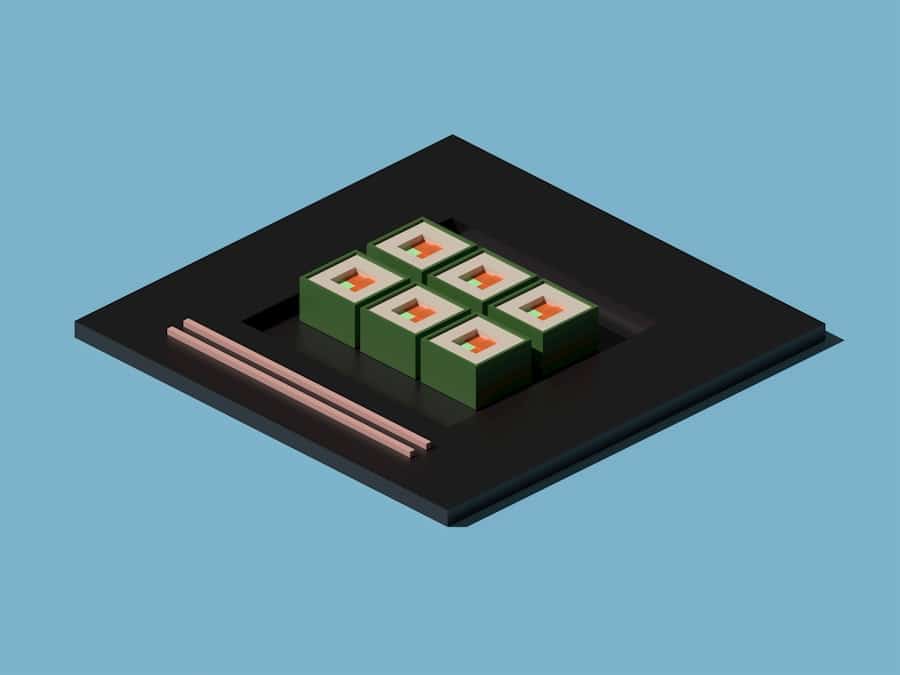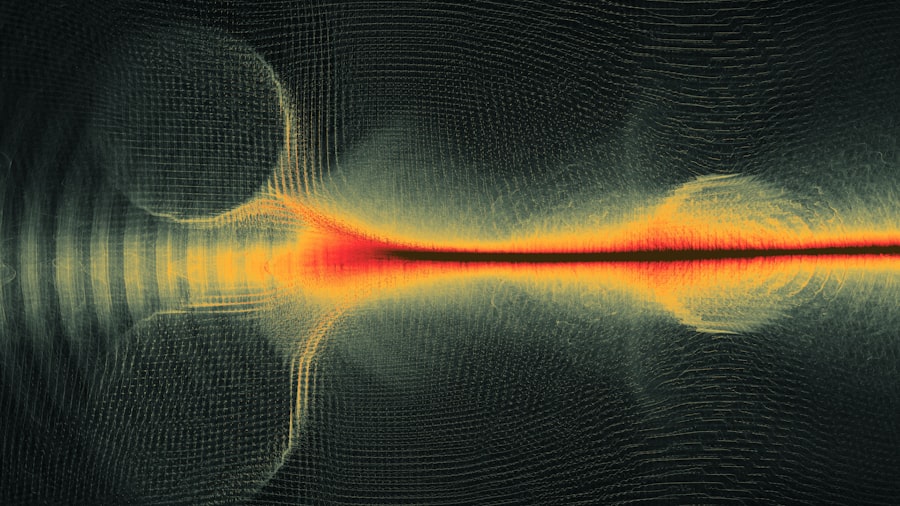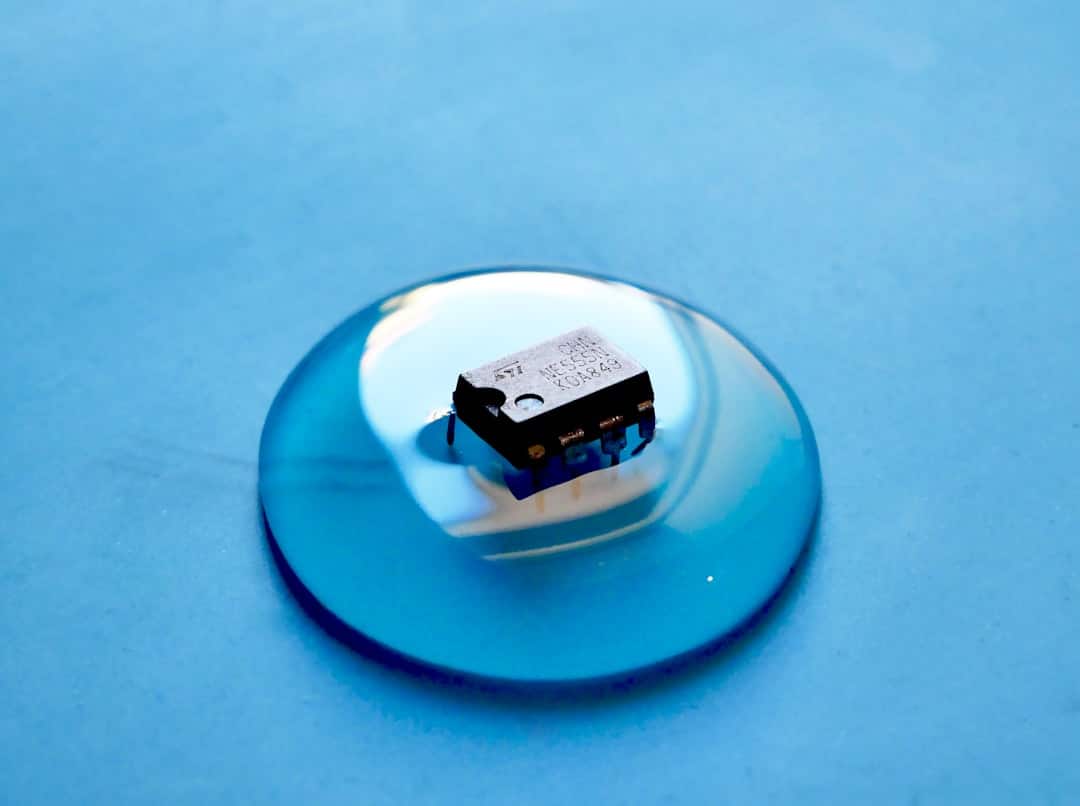Quantum sensors represent a groundbreaking advancement in measurement technology, leveraging the principles of quantum mechanics to achieve unprecedented sensitivity and precision. Unlike classical sensors, which rely on macroscopic phenomena, quantum sensors exploit the unique behaviors of quantum states, such as superposition and entanglement. This allows them to detect minute changes in physical quantities, such as gravitational fields, magnetic fields, and time intervals, with remarkable accuracy.
The development of quantum sensors has opened new avenues for scientific exploration, particularly in fields that require high-resolution measurements, such as astronomy, geophysics, and, notably, space exploration. The potential applications of quantum sensors are vast and varied. In the context of space exploration, these devices can enhance our understanding of celestial bodies, improve navigation systems, and facilitate the detection of gravitational waves.
As humanity continues to push the boundaries of space travel and exploration, the integration of quantum sensor technology into space missions promises to revolutionize our approach to gathering data about the universe. By harnessing the power of quantum mechanics, scientists and engineers are poised to unlock new insights that were previously beyond our reach.
Key Takeaways
- Quantum sensors offer enhanced sensitivity and precision for space exploration tasks.
- They are currently used in missions for navigation, gravitational field mapping, and detecting cosmic phenomena.
- Challenges include technical limitations, environmental factors, and integration with existing spacecraft systems.
- Ongoing collaborations between agencies and research institutions are accelerating quantum sensor development.
- Future advancements promise transformative impacts on deep space exploration and planetary science.
Advantages of Quantum Sensors for Space Exploration
One of the most significant advantages of quantum sensors is their unparalleled sensitivity. For instance, quantum gravimeters can detect minute variations in gravitational fields caused by changes in mass distribution on Earth or other celestial bodies. This capability is crucial for mapping subsurface structures on planets or moons, which can inform future landing sites for missions or help identify resources such as water ice.
The ability to measure gravitational anomalies with high precision can also aid in understanding the geological history of these bodies, providing insights into their formation and evolution. Another key advantage is the potential for enhanced accuracy in navigation and positioning. Quantum atomic clocks, which utilize the vibrations of atoms to measure time with extreme precision, can significantly improve the accuracy of satellite-based navigation systems.
In space missions, where traditional GPS signals may be weak or unavailable, these atomic clocks can provide reliable timing references that are essential for coordinating spacecraft operations and ensuring safe landings. The integration of quantum sensors into navigation systems could lead to more efficient trajectories and reduced fuel consumption during space travel.
Current Applications of Quantum Sensors in Space Missions

Quantum sensors are already making their mark in various space missions. One notable example is the European Space Agency’s (ESA) mission called “LISA” (Laser Interferometer Space Antenna), which aims to detect gravitational waves from cosmic events such as merging black holes or neutron stars. LISA employs a network of three spacecraft positioned millions of kilometers apart, using laser interferometry to measure tiny changes in distance caused by passing gravitational waves.
The sensitivity required for this mission is only achievable through advanced quantum technologies that can minimize noise and enhance measurement precision. Another application is found in the realm of Earth observation. Quantum magnetometers are being developed to monitor changes in Earth’s magnetic field with high sensitivity.
These devices can detect variations caused by natural phenomena such as solar storms or human activities like mining and drilling. By providing real-time data on magnetic field fluctuations, quantum magnetometers can contribute to our understanding of space weather and its impact on satellite operations and communication systems.
Challenges and Limitations of Quantum Sensors in Space Exploration
Despite their promising capabilities, quantum sensors face several challenges that must be addressed before they can be fully integrated into space missions.
Quantum sensors often require extremely controlled environments to maintain their sensitive states, which can be difficult to achieve in the harsh conditions of space.
Factors such as temperature fluctuations, radiation exposure, and mechanical vibrations can disrupt quantum coherence, leading to measurement errors or sensor failure. Additionally, the complexity of quantum sensor technology poses challenges for deployment and operation in space. Many quantum sensors require sophisticated cooling systems or vacuum environments to function optimally.
Designing robust systems that can withstand the rigors of launch and operate reliably over extended periods in space is a significant engineering hurdle. Furthermore, the integration of quantum sensors with existing spacecraft systems necessitates careful consideration of power consumption, data processing capabilities, and communication protocols.
Future Potential of Quantum Sensors in Space Missions
The future potential of quantum sensors in space exploration is vast and largely untapped. As research progresses and technology matures, we can expect to see more innovative applications emerge. For instance, advancements in quantum imaging techniques could enable high-resolution mapping of planetary surfaces and atmospheres.
By utilizing quantum-enhanced imaging systems, scientists could gain insights into the composition and dynamics of celestial bodies, aiding in the search for extraterrestrial life or understanding planetary climate systems. Moreover, the development of portable quantum sensors could revolutionize field studies on other planets or moons. Imagine a rover equipped with a compact quantum gravimeter capable of conducting subsurface surveys while traversing alien landscapes.
Such technology could facilitate real-time analysis of geological features and resource identification without the need for extensive pre-mission planning or remote data analysis.
Quantum Sensor Technologies for Space Exploration

Several key technologies underpin the development of quantum sensors for space exploration. One prominent example is atom interferometry, which utilizes the wave-like properties of atoms to measure gravitational fields with exceptional precision. By splitting a beam of atoms into two paths and then recombining them, researchers can detect minute differences in phase caused by gravitational effects.
This technique has been successfully demonstrated on Earth and holds promise for future applications in space. Another important technology is superconducting qubits, which are used in quantum computing and sensing applications. These qubits can be employed in magnetometers to achieve ultra-sensitive measurements of magnetic fields.
The ability to operate at cryogenic temperatures allows superconducting qubit-based sensors to minimize thermal noise, enhancing their performance in space environments where temperature control is critical.
Collaborations and Partnerships in Quantum Sensor Development for Space Missions
The development of quantum sensors for space exploration is not a solitary endeavor; it involves collaboration among various institutions, including universities, research organizations, and space agencies. For instance, NASA has been actively partnering with academic institutions to explore the potential of quantum technologies for future missions. These collaborations often focus on sharing expertise, resources, and funding to accelerate research and development efforts.
International partnerships also play a crucial role in advancing quantum sensor technology. The European Space Agency (ESA) collaborates with various European universities and research centers to develop innovative solutions for space applications. Such collaborations foster knowledge exchange and enable access to diverse perspectives that can drive technological advancements forward.
Conclusion and Outlook for Quantum Sensors in Space Exploration
As we look ahead, the integration of quantum sensors into space exploration holds immense promise for enhancing our understanding of the universe. The unique capabilities offered by these devices can transform how we gather data about celestial bodies and phenomena, paving the way for more ambitious missions and discoveries. While challenges remain in terms of technology maturation and environmental adaptability, ongoing research and collaboration will likely yield solutions that overcome these hurdles.
The future landscape of space exploration may very well be shaped by advancements in quantum sensor technology.
The journey toward harnessing the full potential of quantum sensors is just beginning, but its implications for our understanding of space are profound and far-reaching.
In the realm of advanced technologies for space exploration, the article on The Next Web provides valuable insights into the latest innovations that could complement the development of quantum sensors. As researchers explore the potential of quantum technologies to enhance navigation and communication in space missions, understanding the broader technological landscape is essential for integrating these advancements effectively.
FAQs
What are quantum sensors?
Quantum sensors are devices that utilize principles of quantum mechanics, such as superposition and entanglement, to measure physical quantities with extremely high precision and sensitivity.
How are quantum sensors used in space exploration?
Quantum sensors can be used in space exploration to improve navigation, detect gravitational waves, measure magnetic and electric fields, and enhance the accuracy of instruments on spacecraft and planetary probes.
What advantages do quantum sensors offer over traditional sensors in space missions?
Quantum sensors offer higher sensitivity, greater accuracy, and the ability to detect minute changes in physical parameters, which can lead to improved data quality and new scientific discoveries in space environments.
What types of quantum sensors are relevant for space applications?
Relevant types include atomic interferometers, quantum gravimeters, magnetometers, and clocks based on quantum phenomena, all of which can be adapted for use in space missions.
What challenges exist in deploying quantum sensors in space?
Challenges include ensuring sensor stability in harsh space conditions, miniaturizing the technology for spacecraft integration, managing power consumption, and protecting sensitive quantum states from environmental noise.
Have quantum sensors been tested or used in actual space missions?
Yes, some quantum sensor technologies have been tested on satellites and space stations, and ongoing research aims to integrate them into future deep-space exploration missions.
How do quantum sensors contribute to navigation in space?
Quantum sensors can provide highly precise measurements of acceleration and rotation, enabling improved inertial navigation systems that do not rely solely on external signals like GPS.
Can quantum sensors help in detecting gravitational waves in space?
Yes, quantum sensors such as atom interferometers are being explored as tools for detecting gravitational waves with greater sensitivity than traditional detectors.
What is the future outlook for quantum sensors in space exploration?
The future outlook is promising, with ongoing advancements expected to lead to more compact, robust, and sensitive quantum sensors that will enhance scientific capabilities and mission success in space exploration.

